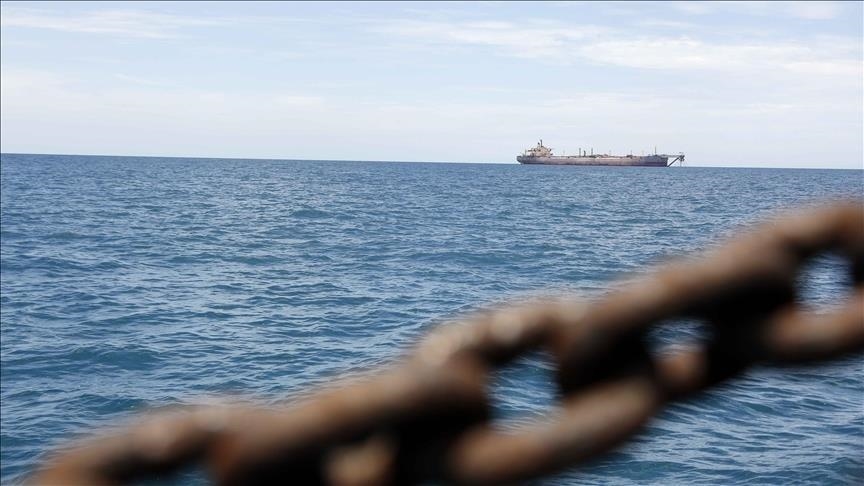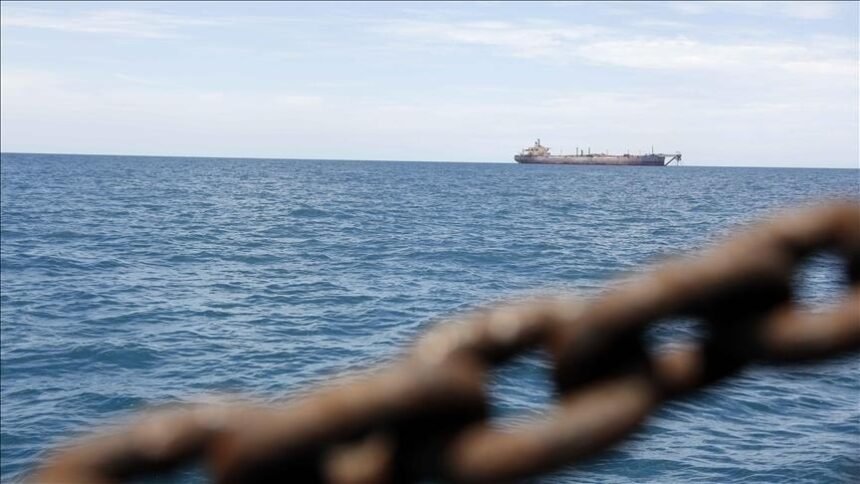Mogadishu says Ethiopia’s deal with Somaliland over access to Red Sea violates Somalia’s sovereignty, independence
Mohamed Dhaysane

MOGADISHU, Somalia
Somalia on Tuesday rejected Ethiopia’s Red Sea port deal with Somalia’s breakaway region of Somaliland, calling the deal a threat to good neighborliness and a violation of its sovereignty.
At a news conference in the capital Mogadishu, Somali government spokesman Farhan Jimale said Mogadishu rejected the deal.
“Somaliland is part of Somalia and no deal is valid without Somalia’s approval,” he said.
He said Somalia recalled its ambassador to Ethiopia in protest of the deal, deepening the two country’s row over the sea access deal.
“Ethiopia’s decision to reach a Memorandum of Understanding with Somaliland over access to the Red Sea is a total breach of Somalia’s sovereignty and independence,” Jimale said.
Somalia has also called on the United Nations and the African Union to convene for an emergency meeting to discuss the deal between Somaliland and Ethiopia.
This comes after the Somali Cabinet held an emergency meeting in the capital presided over by Prime Minister Hamza Abdi Barre.
“Prime Minister Hamza expressed determination to protect sovereignty and said that no one could violate any part of Somalia’s land, sea, and air,” said a statement issued by the prime minister’s office after the meeting.
The memorandum of understanding was signed between Ethiopian Prime Minister Abiy Ahmed and Somaliland President Muse Bihi Abdi in the Ethiopian capital Addis Ababa on Monday.
Abiy’s office hailed the pact as “historic,” saying it is “intended to serve as a framework for the multisectoral partnership between the two sides.”
Somaliland is a former British protectorate in northwestern Somalia that declared independence in 1991 but has received no international recognition.
Ethiopia lost its Red Sea ports in the early 1990s after the Eritrean War of Independence, which lasted from 1961 to 1991.
In 1991, Eritrea gained independence from Ethiopia, leading to the establishment of two separate nations. The separation resulted in Ethiopia losing direct access to the Red Sea and key ports.
Ethiopia has since been landlocked, affecting its ability to conduct efficient maritime trade.
Source: Anadolu Agency


Leave a Reply